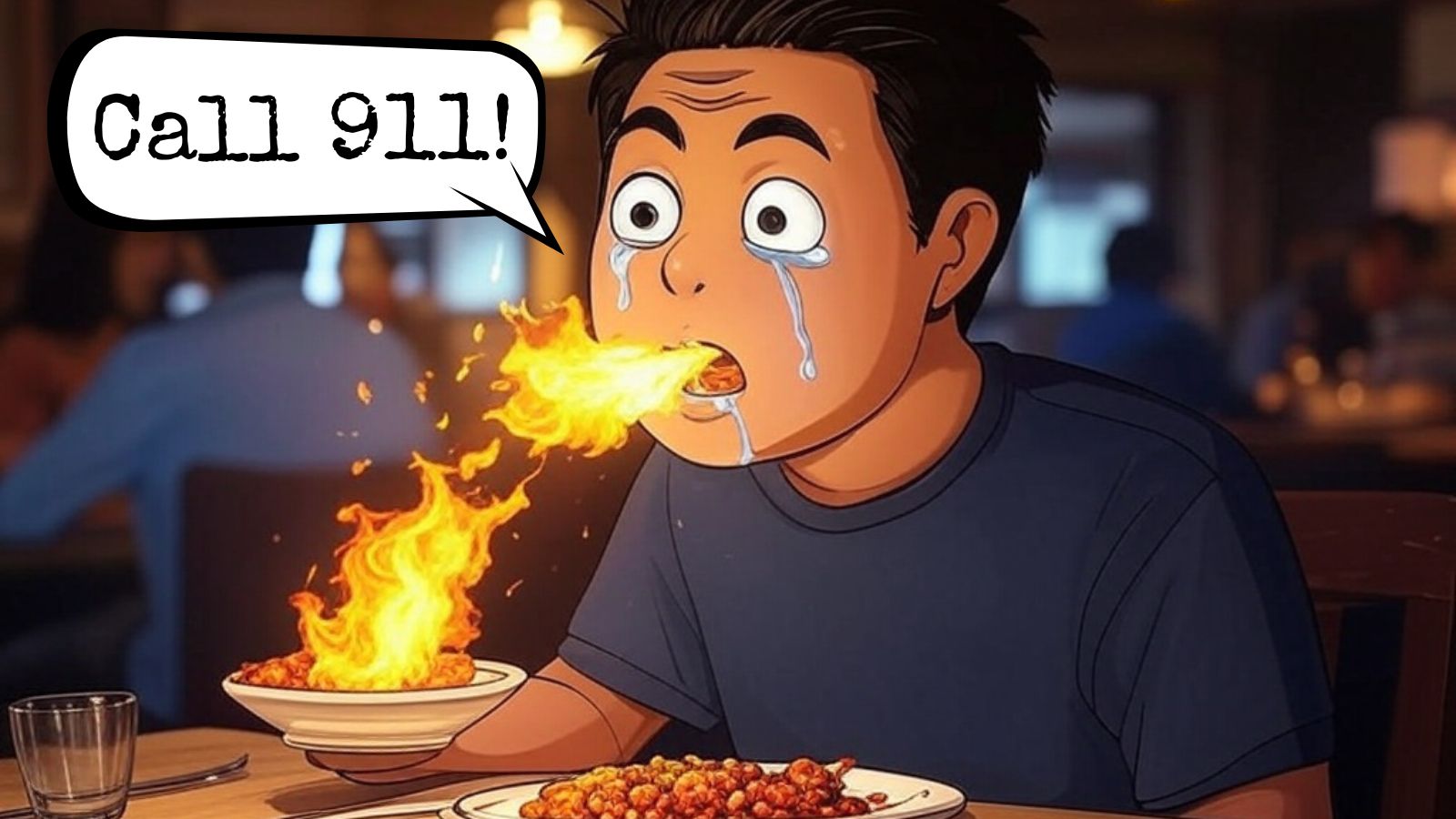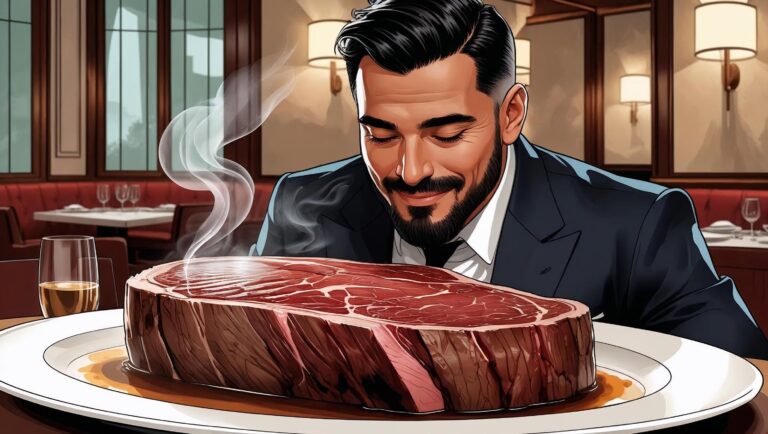My favorite dining spot in my moderately-sized town is an Indian restaurant. The food is to die for. With no shade thrown whatsoever on the restaurant in question, more than a few spicy food rookies do in fact think they’ve died while enjoying a fine meal.
The menu is clearly marked in a respectful nod to American taste buds, using zero to four chili pepper icons to reflect the default heat of each dish. With a hundred or so entrees and starters to choose from, the codes are a lifesaver.
I should mention one of the things that makes this particular eatery my favorite is the super-friendly and helpful staff. Regardless of what you order, unless it comes with no spice whatsoever, they’ll politely ask—without judgment—how hot (or not) you’d like it. Then, they’ll proceed to make your dish exactly as requested. If you order it hot, they’ll politely confirm, again without discernible judgment (are you sure?) and you’ll be on your way to spontaneous combustion.
I figure it’s got to take lots of manners and self-control for the staff not to laugh at the occasional macho customer who brags about their heat tolerance and orders the “hot as you can make it version.” Most of the time, the staff ends up bringing that person a large bowl of yogurt after the fire department has cleaned up their gear and left.
All this got me to wondering. How do people grow up loving serious radioactive food like Phaal Curry? Do they just develop skills to hide the pain? Is it something genetic that prevents internal combustion? Do you get desensitized over time?
The Burn…
The “burn” is caused by capsaicin—a chemical compound found in chili peppers. It’s the same stuff used in police-grade OC (Oleoresin Capsicum) pepper spray and the cans of stuff one uses to chase away 800-pound bears. In those applications, it works by creating stinging in the eyes, mucous reactions, difficulty breathing, and plenty of pain. Generally it’s not fatal, but has caused death on occasion.
Capsaicin achieves its burning effect by delivering the same message to your nervous system as you’d get if someone literally held a blowtorch inside of your mouth. TRPV1 receptors in your mouth are responsible for detecting actual physical heat, like that from a flame. The capsaicin binds to these receptors, making your brain think there’s really a fire. In this case, it’s apparently legal to yell, “Fire!” Inside your mouth, even though it’s not technically true.
Sounds perfect for food too, right?
What Stops the Burn?
If you stumble into a hot meal, or let your ego place the spice level in your order, you’ll want a way to cool things down without making an obvious spectacle of yourself.
Ready? Get a huge glass of water, and drink a gallon or so.
Actually, don’t do that, I’m just kidding. Water is arguably the very worst way to deal with the heat as it simply spreads the capsaicin around to even more TRPV1 receptors. It’s kind of like trying to put out a real fire with a five-gallon can of gas.
Instead, try one or more of these approaches…
Dairy, like milk or yogurt, binds to capsaicin, kind of like capsaicin binds to TRPV1 receptors, and helps “wash away” the hot stuff.
Sweet stuff, with plenty of sugar and honey, can counteract the heat, so give that a try.
One reason lots of spicy food is served with rice is that starches like that, bread, or potatoes can help dilute the heat.
Strangely and seemingly counterintuitively, acidic foods (think lemon, other citrus or vinegars) can also help lower the flaming sensation.
Pain Tolerance From Birth?
So how is it some people can handle nuclear food with apparent ease? Why don’t you see them breaking out into a panicked sweat?
Many cultures associated with the love of super spicy food expose children gradually over the years. Hence, they grow to enjoy the flavors but without the pain older hot food “rookies” experience.
Children may be served more mild dishes and dishes with “heat neutralizers” like yogurt and starches. Over the years, the kids may try, and grow to love, increasing spice levels. The more spicy food you eat, the more your heat receptors become desensitized to the heat and the more you enjoy the flavors without need for a 911 call.








